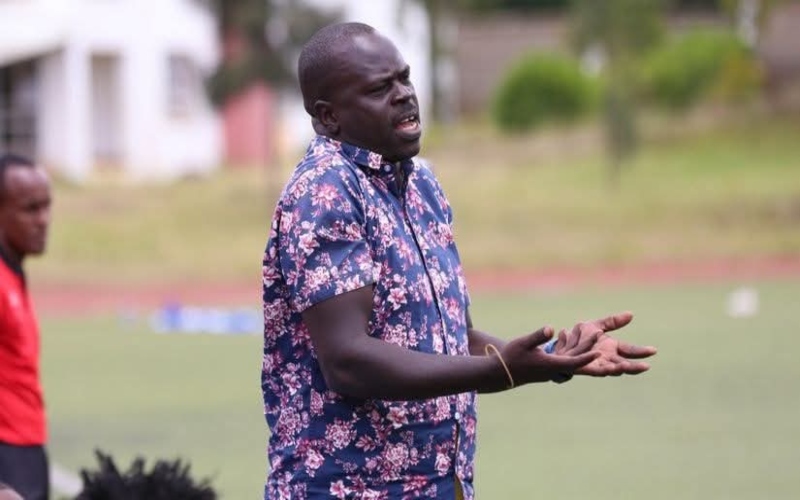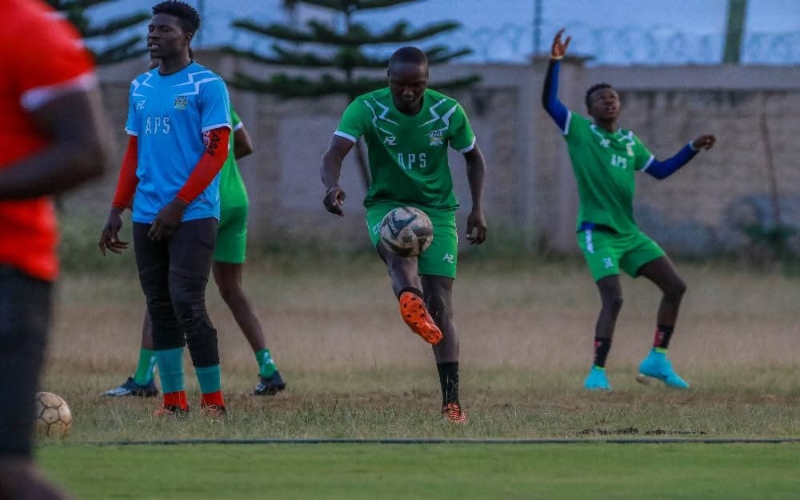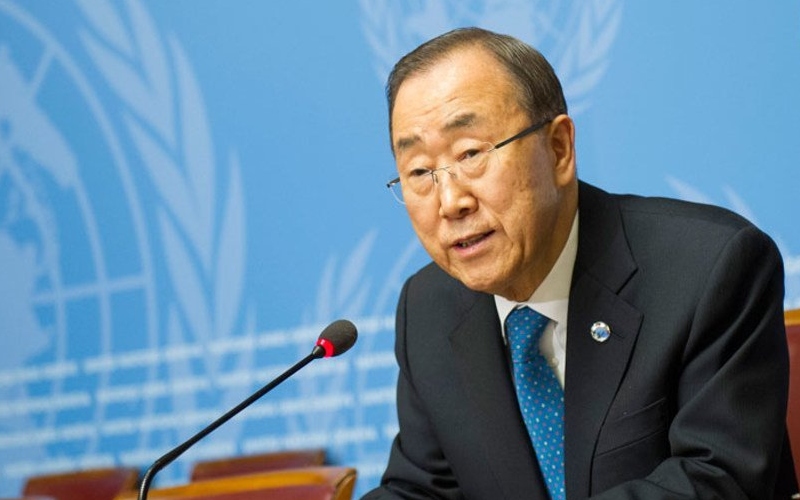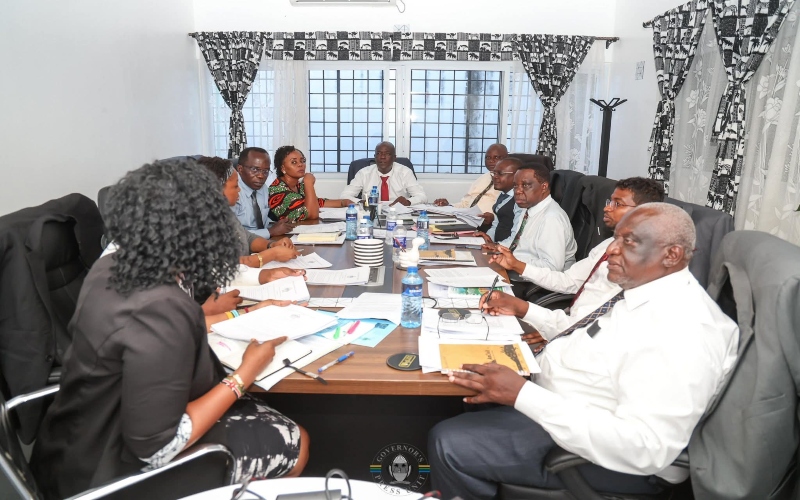Motorists association blames poor planning for two-day traffic snarl-up which paralysed Nakuru-Eldoret Highway
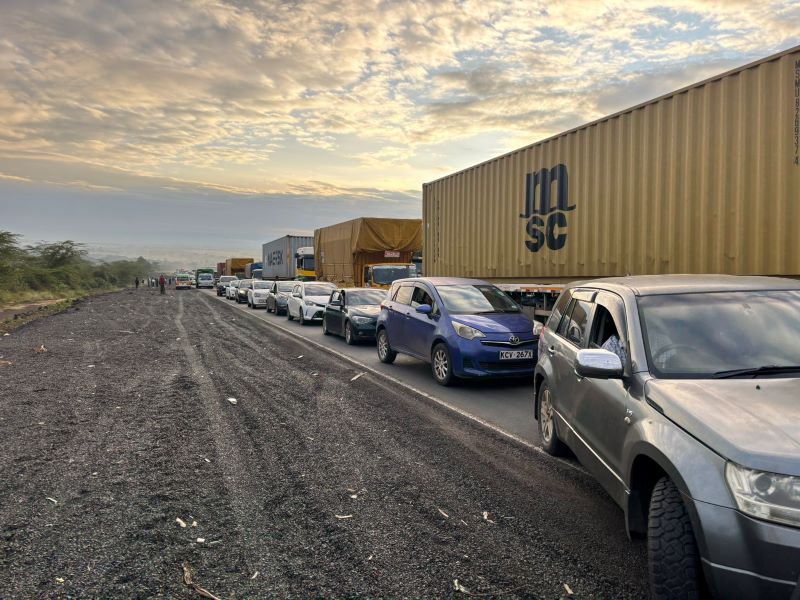
MAK blamed the Kenya National Highways Authority (KeNHA) and the Roads Ministry for failing to ensure the timely completion of key projects, including the dualing of the Nakuru-Sachangwan section.
Motorists and transporters experienced massive delays on the Nakuru-Eldoret Highway this week, with two-day traffic jams reported at Salgaa.
The congestion has sparked criticism from the Motorists Association of Kenya (MAK), which says years of stalled road projects and poor planning are contributing to the problems.
More To Read
- Judiciary announces tougher festive season road safety checks
- Government eyes handing NTSA’s smart driving licence programme to private investor
- KeNHA set to ease holiday traffic with partial opening of Mombasa–Malindi highway
- KeNHA invites Kenyans to Friday’s launch of the Rironi–Mau Summit highway upgrade
- KeNHA orders removal of illegal structures, unapproved billboards along highways
- Kenya secures Sh407 million grant to upgrade Mau Summit–Malaba Road
Similar gridlocks were also reported on the Nairobi-Mombasa Highway, where hundreds of motorists were stranded overnight after a major traffic jam brought movement to a standstill near Sultan Hamud in Makueni County on Friday evening.
The widespread disruption on two of the country’s busiest highways has reignited public frustration.
In a statement, MAK blamed the Kenya National Highways Authority (KeNHA) and the Roads Ministry for failing to ensure the timely completion of key projects, including the dualing of the Nakuru-Sachangwan section.
The association suggested that the slow pace of work, idling construction machinery, and lack of visible progress have worsened congestion on the busy corridor.
"What we are witnessing on our highways today is not misfortune; it is a deliberate failure of duty. The chaos on the Nakuru-Eldoret Highway, the two-day traffic snarl-ups at Salgaa and Rironi, are not accidents of circumstance. They are symptoms of an engineered neglect - a stage-managed breakdown meant to justify the push for private profiteering under the guise of Public-Private Partnerships (PPP)," said the MAK.
The group also raised concerns over the government’s push for Public-Private Partnerships (PPP) to manage highways, warning that the approach could prioritise private profits over the interests of road users. According to MAK, this is coming at a time when motorists already face high costs for using the roads.
Fuel levies under the Road Maintenance Levy Fund (RMLF) have increased to Sh25 per litre, while transit fees for trailers can reach Sh20,000 per trip. MAK estimates that a single trailer consumes around Sh300,000 worth of fuel on a one-way trip, with roughly half of that amount going to the state as tax.
"Taxes meant for road development have been collected faithfully, yet instead of reinvesting them into road expansion and maintenance, the government is now preparing to reintroduce tolls, a system outlawed in 1994 and replaced by the fuel levy," the Association states.
"So what changed? The only visible change is the rebranding of tolling under a new, polished name: PPP, which in reality stands for Private Profiteering Partnerships."
The association urged the government to prioritise public investment in road maintenance and expansion rather than relying heavily on private partnerships.
Top Stories Today
